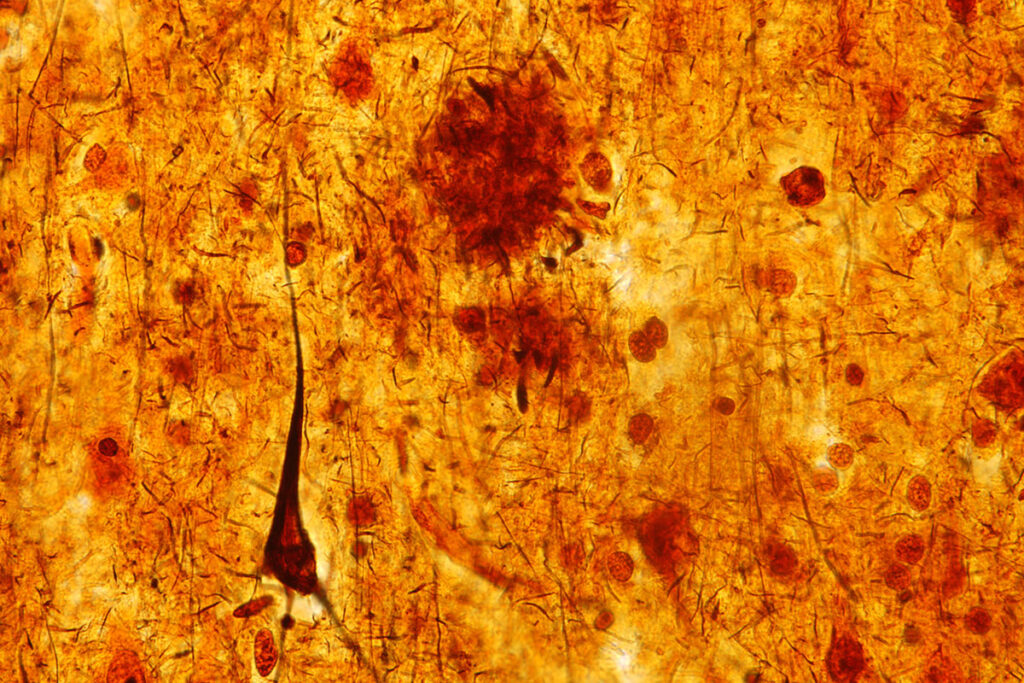Poor sleep has long been linked with Alzheimer’s disease, but researchers have understood little about how sleep disruptions drive the disease.
Now, studying mice and people, researchers at Washington University School of Medicine in St. Louis have found that sleep deprivation increases levels of the key Alzheimer’s protein tau. And, in follow-up studies in the mice, the research team has shown that sleeplessness accelerates the spread through the brain of toxic clumps of tau – a harbinger of brain damage and decisive step along the path to dementia.
